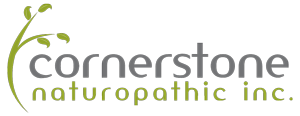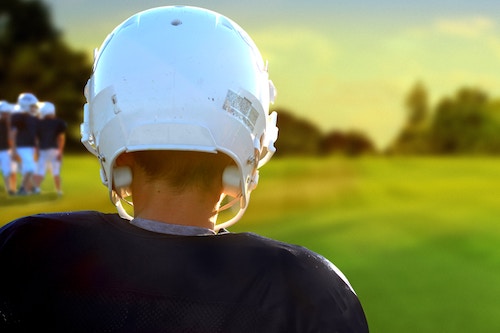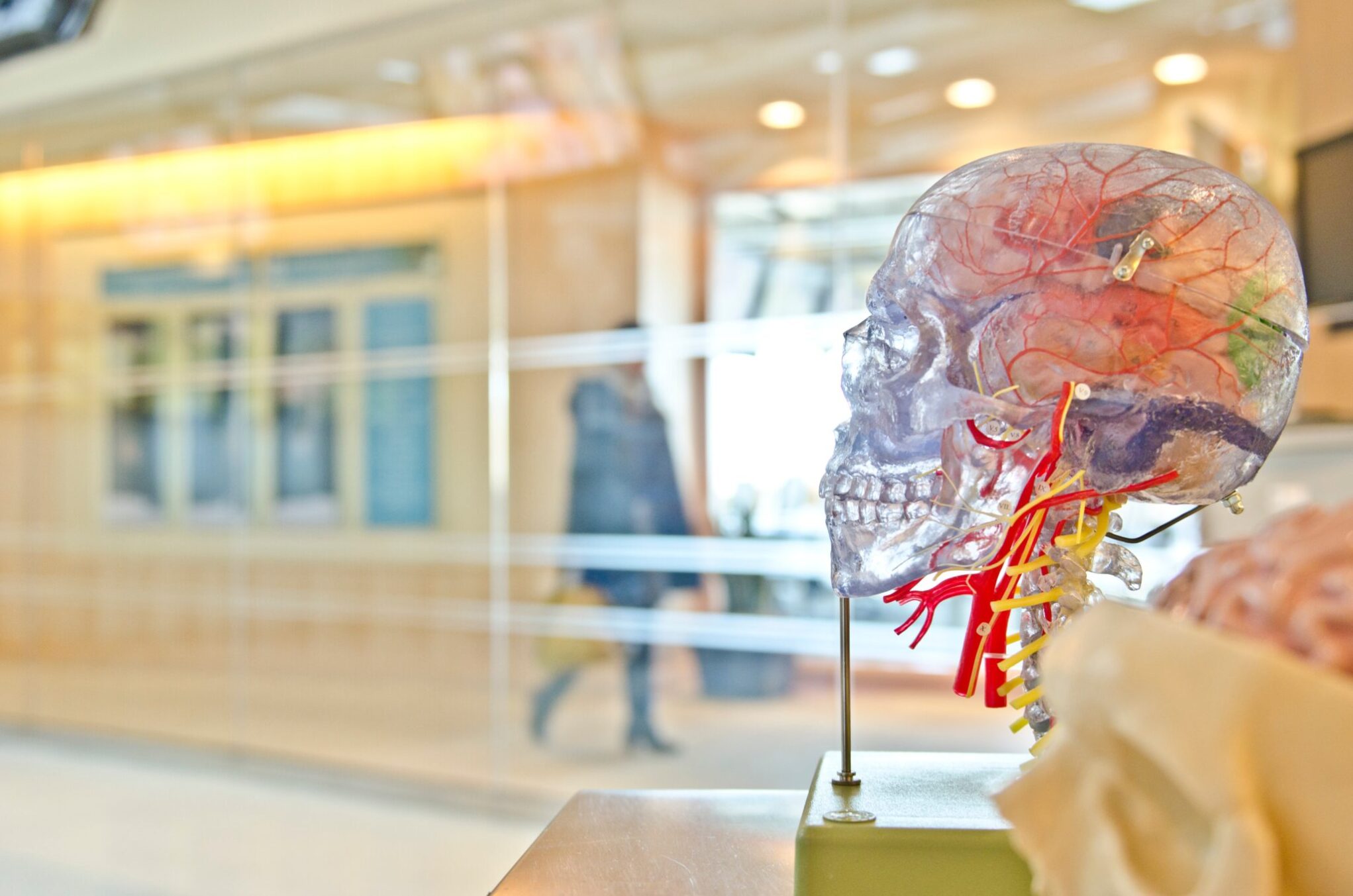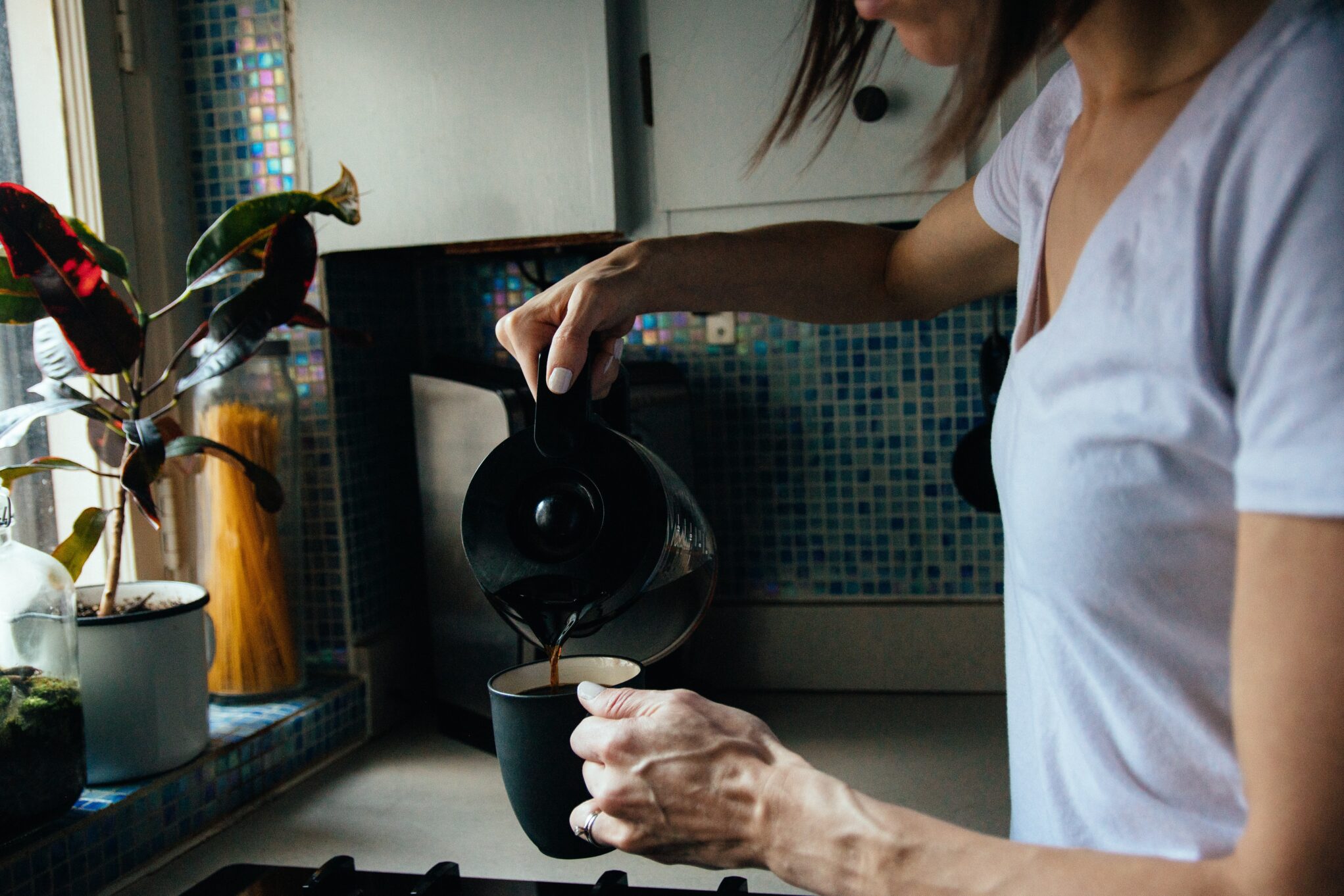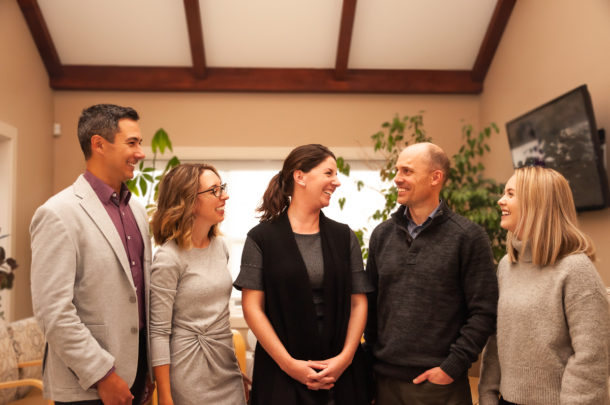Concussion. For some, a word that doesn’t carry the weight it should be afforded. For others, a painful and frightening affliction that one only truly understands after they’ve suffered through it. Lately, concussions have seen an increasing profile in the news and media. An ongoing topic that’s typically linked to professional sports, Halifax’s proposal to be the next city to acquire a CFL team makes the conversation particularly relevant, locally.
It’s important to bear in mind, as concussions re-enter the spotlight, that the injury is a serious one. A topic that’s all too familiar to the (approximately) 450 Canadians affected by a brain injury daily, concussions are so much more than sports-related injuries, and need to be treated as such.
As much a result of slipping on the ice or taking a hit on the field as they are car accidents, tumbles, and ultimately anything that causes the brain to shake within the skull, concussions can happen to anyone. Contrary to popular belief suffering a concussion does not always cause a loss of consciousness, which means these injuries can sometimes go untreated. Symptoms and severity vary greatly from patient to patient and can be anything from headaches to brain fog, to nausea and anxiety to mood swings and trouble focusing, as well as sleeping all the time, or not at all.
Those who are diagnosed are familiar with recommendations to recover in a dark room that’s free from distractions like cellphones, tablets, televisions, etc. But what happens to a patient after that standard three-day hiatus from commotion and technology? Let’s take a look.
Immediate symptoms are likely to calm slightly, but long-term affects including fatigue, anxiety, dizziness, memory loss, trouble concentrating, and sleeping problems are not uncommon. It’s a list of issues that demands the attention of those who have and haven’t suffered a concussion before, and the list of ways to deal with these conditions is as important.
First and foremost, know that each symptom has different causes that branch from the concussion suffered, and treating them is critical. Naturopathic medicine is an ideal candidate in that treatment begins with isolating the cause of a symptom to customize the response. The truth is that nothing can reverse your concussion, but taking the steps required to determine what’s causing your symptoms is a much more effective approach than blanket post-concussion treatments. Every patient is different, and ought to be treated in kind.
Factors that many don’t consider, including diet, supplements, and soft-tissue therapy are all modifications that can be crucial in the aftermath of a concussion. Lifestyle modifications will complement or even lead conventional treatment, and should be considered.
If you’re suffering from concussion symptoms, contact us to get a consultation in motion. Together, we’ll explore how the Cornerstone team can get you as close to 100% as possible.
